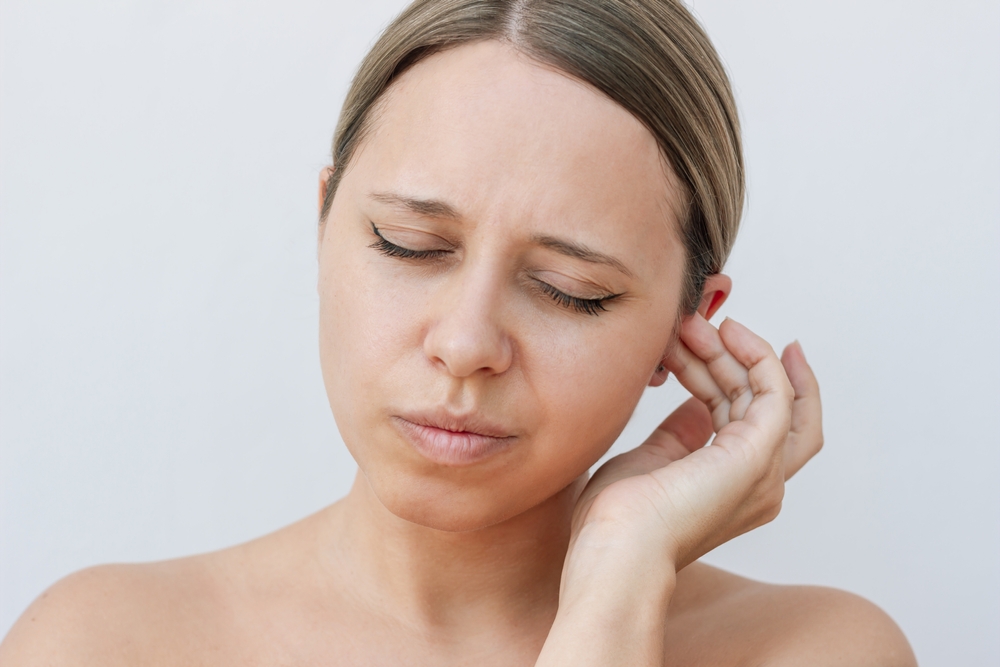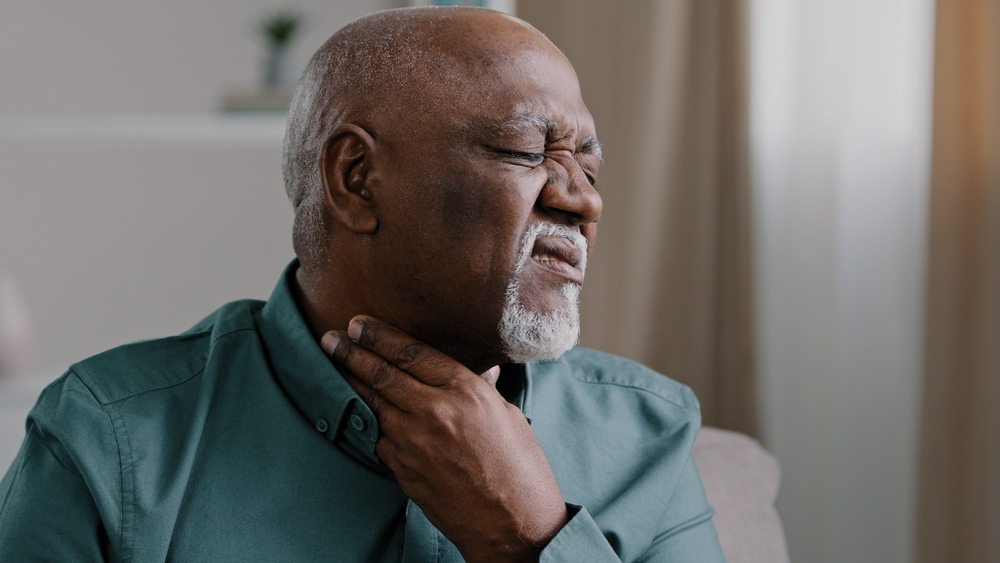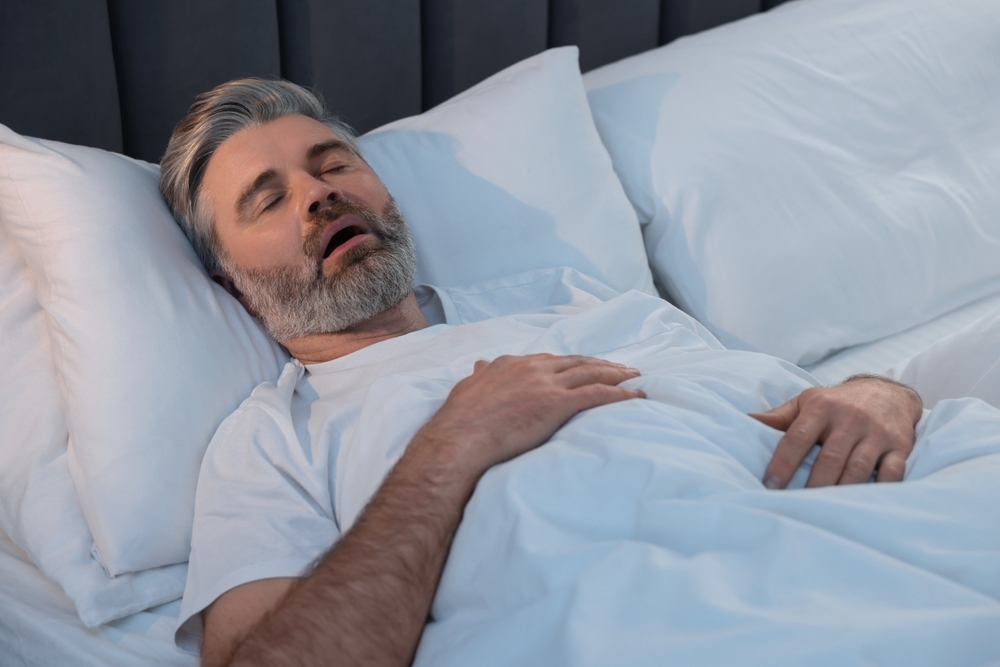Dealing with a clogged ear can be frustrating and uncomfortable. Whether it’s caused by allergies, a cold, or a buildup of earwax, the sensation of muffled hearing and pressure can be disruptive. But will it go away on its own? That depends on the cause. In some cases, your ear may clear up naturally, while other situations require intervention. Understanding the reasons behind a clogged ear and knowing the right steps to take can help you find relief faster.
What are common causes of clogged ears?
Clogged ears happen for various reasons, but the most common causes include:
- Eustachian Tube Dysfunction – The Eustachian tubes connect your middle ear to the back of your nose and help regulate air pressure. When these tubes become blocked due to a cold, sinus infection, or allergies, they can create a clogged sensation.
- Earwax Buildup – Excess earwax can harden and block the ear canal, leading to temporary hearing loss and discomfort.
- Water Trapped in the Ear – After swimming or showering, water can get stuck inside the ear, causing a blockage.
- Changes in Altitude – Rapid changes in altitude, such as during flights or driving in mountainous areas, can cause temporary ear clogging due to pressure imbalances.
- Hormonal Changes – In some cases, hormonal fluctuations can cause the Eustachian tubes to remain open longer than usual, leading to a sensation of fullness in the ears.
If your ear remains clogged for more than a few days or symptoms worsen, it may be time to seek professional help.
Safe and effective ways to unclog your ears
A buildup of earwax can lead to clogged ears, but it’s important to use the right method for removal.
Try hydrogen peroxide for earwax removal
A few drops of hydrogen peroxide mixed with warm water can help soften and break down earwax. Here’s how to do it safely:
- Tilt your head so the affected ear is facing upward.
- Use a dropper to apply a couple of drops of the solution.
- Keep your head tilted for about 30 seconds to allow the solution to work.
- Gently tilt your head the other way to let the liquid drain out.
Repeat this process for a couple of days if necessary. However, if the blockage persists, consult a specialist instead of continuing treatment at home.
Avoid using cotton swabs
It may be tempting to reach for a cotton swab, but this can actually push earwax deeper into the canal, worsening the blockage. Inserting objects into your ear can also cause injury or lead to an infection. Cotton swabs should only be used to clean the outer part of your ear.
Yawn or swallow to help open the eustachian tubes
If your clogged ear is due to a cold or sinus congestion, yawning, swallowing, or chewing gum may help equalize the pressure and open the Eustachian tubes. Some people find relief using the Valsalva maneuver:
- Take a deep breath and pinch your nostrils shut.
- Gently exhale while keeping your mouth closed.
- You may hear a small pop, which indicates the pressure is being relieved.
Avoid blowing too hard, as this can damage your eardrum.
Remove trapped water with gentle movements
Water lodged in the ear can create a clogged sensation. To remove it:
- Tilt your head to the side and shake it gently.
- Try pulling your earlobe downward while tilting your head to help the water escape.
- Create a vacuum by placing the palm of your hand over the ear, pressing gently, and then quickly releasing it.
If water remains trapped, using over-the-counter ear-drying drops may help.
Seek help from a specialist
If your ear remains clogged despite home remedies, it’s best to see an ENT or hearing specialist. Professionals use specialized tools, such as water irrigation systems or micro-suction devices, to safely and effectively remove impacted earwax or assess other underlying issues. Trying to remove a blockage yourself with sharp or invasive tools can lead to ear infections, eardrum damage, or permanent hearing loss.
Skip ear candling: it’s not safe or effective
Despite its popularity, ear candling is not a recommended method for earwax removal. This process involves inserting a hollow, lit candle into the ear in an attempt to draw out wax. However, studies show that ear candling is not only ineffective but also dangerous, as it can cause burns, ear canal injuries, and even candle wax blockage.
When to see a professional for clogged ears
While many cases of clogged ears resolve on their own, you should consult a doctor or specialist if you experience:
- Persistent ear blockage lasting more than a week
- Severe pain, dizziness, or ringing in the ears (tinnitus)
- Sudden hearing loss
- Signs of an ear infection, such as fever or fluid drainage
Ignoring ongoing ear issues can lead to complications, so don’t hesitate to seek professional care if your symptoms don’t improve.
Get the right treatment for relief
A clogged ear can be an annoying and uncomfortable experience, but it often clears up on its own depending on the cause. Using safe home remedies, such as hydrogen peroxide for earwax removal, swallowing to clear pressure imbalances, and removing trapped water, can help. However, if your symptoms persist or worsen, visiting a specialist ensures you get the right treatment without risking further complications.
Find an ENT or hearing specialist in your area to schedule an appointment and find relief.



